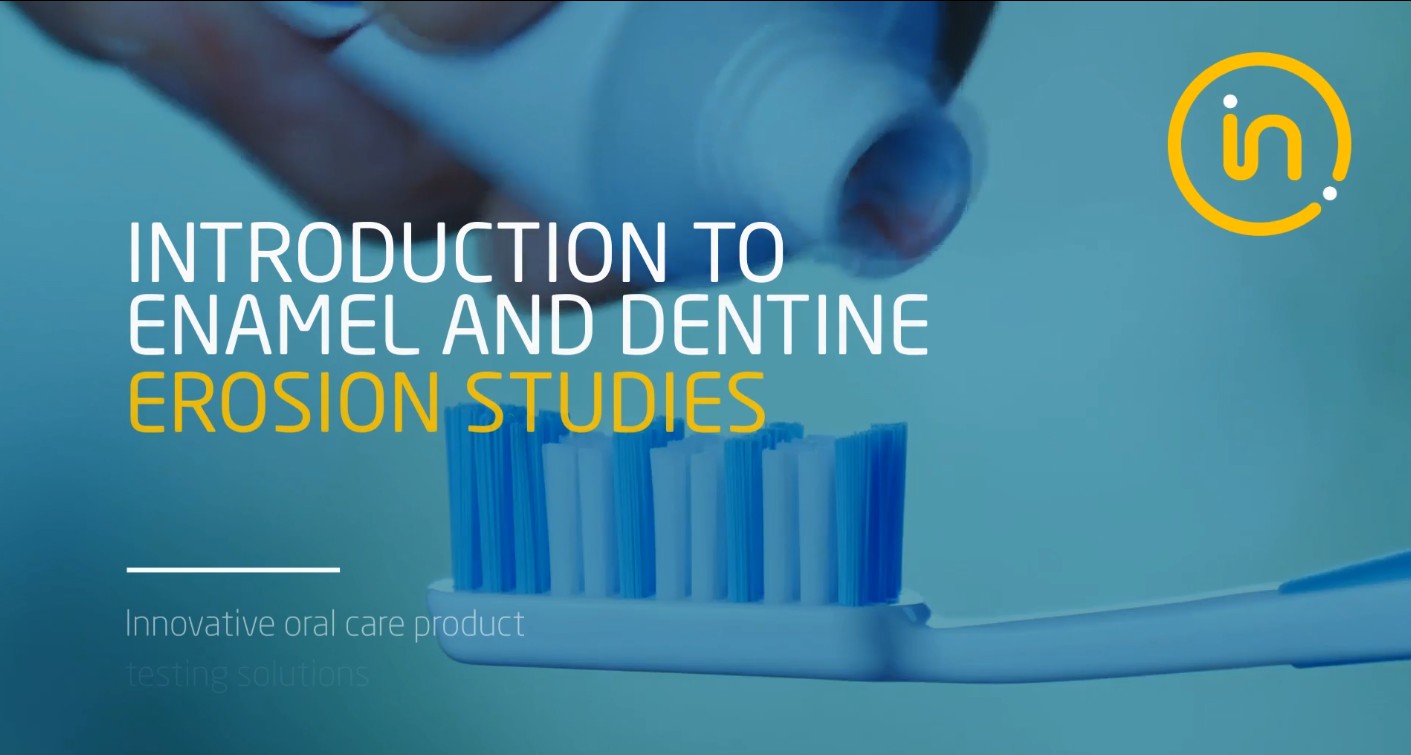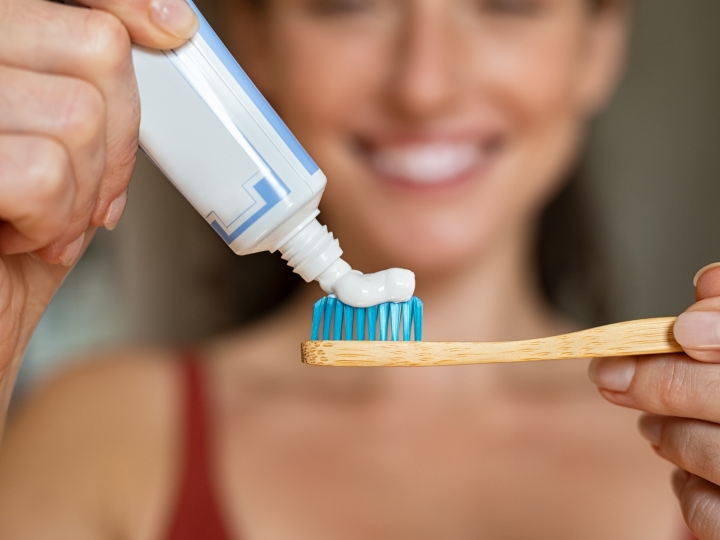Tooth abrasivity laboratory studies as per ISO 11609, Annex B, to measure Relative Enamel Abrasivity (REA), Relative Dentine Abrasivity (RDA) and RDA Abrasivity Limit using profilometry to support oral care product development and marketing claims
Understanding tooth abrasivity or tissue loss is a critical to determining any potential damage caused to enamel and dentine from oral care products such as toothpastes, tooth powders and even toothbrushes. The standard, ISO 11609:2017 Dentistry — Dentifrices — Requirements, test methods and marking, establishes methods for the determination of abrasivity. We use the profilometry method described in Annex B to determine the Relative Enamel Abrasivity (REA), Relative Dentine Abrasivity (RDA) and the RDA abrasivity limit. ISO 11609 applies to dentifrices, including toothpastes, destined to be used by the consumers on a daily basis with a toothbrush to promote oral hygiene.
Dentifrices should not cause any adverse reactions to the oral tissues when used in accordance with the manufacturer's recommendation for frequency and duration of use and consumer and market trends towards specialised stain removal and tooth whitening products in particular, has driven a growth in interest in tooth abrasivity. Novel dentifrice formulations are constantly being developed to address consumer needs, for example, for improved tooth whitening combined with low abrasivity and minimal damage to enamel and dentine. Robust REA and RDA testing quantifies the potential for dentifrice products to abrade dental hard tissue and this insight can support product development (e.g. formulation development) or marketing claims.
Determination of Relative Enamel Abrasivity (REA), Relative Dentine Abrasivity (RDA) and the RDA Abrasivity Limit as per ISO 11609
Our in vitro clinical research scientists conduct abrasivity and tissue loss studies (REA and RDA) using surface profilometry to support your product development process or claims substantiation. Samples of human / bovine enamel or dentine are typically prepared in resin discs and polished to expose a flat and perfectly smooth surface. The edges of the specimen are masked off leaving the area of interest exposed. This area of the surface is then brushed using a mechanical brushing machine and a slurry of the test dentifrice under specific conditions of load, speed and duration.
Surface profilometry, either in two dimensions using a probe or in three dimensions using a laser scanner, is used to quantify the amount of tissue removed by the brushing process. At least six specimens are used for each test dentifrice and the mean depths are calculated. REA and RDA values are then calculated relative to a calcium pyrophosphate reference material as specified in ISO11609.

Video: Surface Profilometry Studies for Tooth Abrasivity (REA and RDA)
We present tooth abrasivity and tissue loss study data in professional laboratory reports which, depending on our knowledge of the formulation, may include a detailed interpretation of the results. We are also happy to engage with the client on how to improve their formulations or to suggest bespoke brushing experiments that seek a deeper understanding of abrasivity and tissue loss. We also have the capacity to investigate other surface properties using, for example, Scanning Electron Microscopy (SEM), Surface Microhardness (SMH), or a range of chromameters and gloss meters.
For over 20 years, our Clinical Research Services group has been a trusted partner for developers and manufacturers of oral care products offering Total Quality Assurance. We bring quality and safety to life by providing a one source solution for all of your oral care in vitro studies providing robust data to support the efficacy and safety of novel treatments. These in vitro studies can provide valuable information to support your product development process.
Intertek Clinical Research Services (CRS) has a dedicated in vitro laboratory which conducts testing of all aspects of Oral Care products. We are particularly adept in designing bespoke in vitro models to cater for your specific requirements. Intertek Clinical Research Services is licensed to handle and store human tissue under the Human Tissue Act 2004 and follows the principles outlined within the act as well as complying with local ethical guidelines.

In Vitro Oral Care Product Services
In Vitro Oral Care Product Services
Elm House, Unit A4
Oaklands Office Park
Hooton Road, Hooton
Cheshire, CH66 7NZ
United Kingdom
News
Meet our team at IADR 2025 -
Find out more
